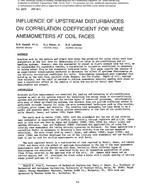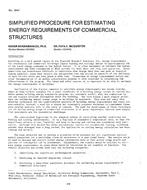Liquid-chilling systems cool water, brine, or other secondary coolant for air conditioning or refrigeration. The chiller maybe either factory-assembled and wired or shipped in sections for erection in the field. The most frequent application is water chilling for air conditioning, although brine cooling for low-temperature refrigeration and chilling fluids in industrial processes are also common. For information on absorption equipment, see Chapter 18 of the 2014 ASHRAE Handbook—Refrigeration.
GENERAL CHARACTERISTICS
Principles of Operation
Common Liquid-Chilling Systems
Selection
Control
Standards and Testing
General Maintenance
RECIPROCATING LIQUID CHILLERS
Equipment
Performance Characteristics and Operating Problems
Method of Selection
Control Considerations
Special Applications
CENTRIFUGAL LIQUID CHILLERS
Equipment
Performance and Operating Characteristics
Selection
Control Considerations
Auxiliaries
Special Applications
Operation and Maintenance
SCREW LIQUID CHILLERS
Equipment
Performance and Operating Characteristics
Selection
Control Considerations
Auxiliaries
Special Applications
Maintenance
ISBN: 978-1-947192-53-9 (for SI versions of chapters)
ISSN: 1930-7705 (for SI versions of chapters)
Citation: 2020 ASHRAE Handbook — HVAC Systems and Equipment
Product Details
- ISBN(s):
- 9781947192539
- Number of Pages:
- 16
- Units of Measure:
- SI
- File Size:
- 1 file , 770 KB
- Product Code(s):
- D-S432020SI


